All About Articulation and Speech Sound Disorders
In typical development, young children mispronounce sounds and words. However, as they grow, their speech skills become more refined and speech sound errors are naturally replaced by accurate sound productions. By age 8, most children are able to speak as clearly as the average adult. The development of speech sounds among English speakers is provided below.
- p, d, m, w, h, n (most 2 year olds)
- t, b, k, g (most 3 year olds)
- f, v, y (most 4 to 5 year olds)
- s, z, j, l, r, sh, ch, th, blends (most 5 to 7 years olds)
Testing for Speech Sound Disorders
Children who have difficulty pronouncing several sounds and are difficult to understand, may be referred to the school speech language pathologist (SLP). With parent permission, the SLP will listen and observe how the child speaks and produces individual sounds. The SLP will also look at how a child moves their lips, jaw, and tongue. The SLP assessment will identify the type and severity of a child’s speech sound disorder.
Treatment for Speech Sound Disorders
Children with a moderate or severe speech sound disorder are referred to School Based Rehab Services (SBRS) for speech therapy. Children living in Wellington County are referred to KidsAbility and Children living in Dufferin County are referred to ErinOakKids.
Questions regarding your child’s status on the waitlist for speech therapy should be directed to the appropriate Children’s Treatment Centre. KidsAbility: 1 519-886-8886 ErinOakKids: 1 905-855-2690.
How Parents and Caregivers can Help
- Stress and emphasize any problem sounds for your child, saying them the correct way when you are speaking to him/her. To avoid overwhelming your child or making them feel self conscious about their speech, it might be helpful to initially select only one sound that your child is having difficulty with.
- When you do not understand your child’s speech, encourage him/her to:
- Say it again
- Slow down
- Tell you the first letter or sound of the word
- Show you what they mean (point to, gesture, use pictures)
- Interpret what you think your child is trying to tell you; model clearly back for him/her.
- Ideas for Eliciting Specific Speech Sounds
Practising Sounds at Home
Your speech language pathologist will know which sounds your child is ready to practice at home. Below are helpful tips on how to make each sound, and how to practice
Eliciting Sounds: B D F G H J K L M N P R S T V W Y Z Ch Sh Th
Practicing Sounds: Hierarchy of Practice
Communication Partner Strategies to Support Children with Communication Difficulties
Students with Articulation Difficulties: Helpful Hints for Teachers and Parents

